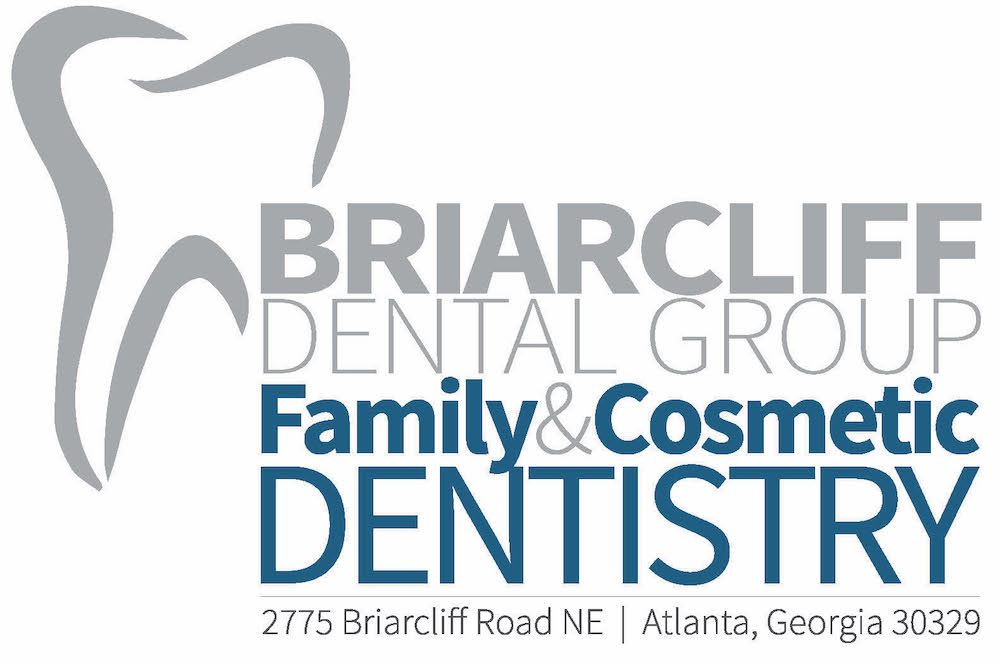All About Dental Mouthguards & Nightguards
Hi, my name is Dr. Sunny Patel, and I wanted to take some time today to talk about mouthguards and night guards.
What is a mouthguard, and why might someone need one?
A mouthguard is typically a prosthesis that fits around some or all of the teeth in the mouth to protect the dentition. A night guard is specifically worn at night to prevent the contact of teeth during bruxism or clenching. Bruxism is related to motion, and clenching is related to direct force.
What are the most common types of mouthguards?
The most common form of a mouthguard is one that covers the top teeth in the entire arch, so every tooth is covered by the mouthguard itself. If you've seen on TV, sports have done a really good job of showing us mouthguards. That is typically an athletic guard, which is one specifically for that activity, not to be confused with a night guard, which is more streamlined and comfortable, designed just for protecting the teeth at night.
What is a sleep apnea guard? How does it help with breathing?
One form of a night guard that we utilize in our office and in the dental world is a sleep apnea or snoring appliance guard. These guards are specifically designed to cover the top and bottom arches and to position your bottom jaw in a place while sleeping that increases airflow, helping you breathe better at night.
What is the difference between a custom mouthguard and a store-bought one?
To answer simply, a professional guard is custom-made and fits better. We adjust the guard to a precise biting point, ensuring it's as thin and strong as possible. Oftentimes, over-the-counter guards fatigue quickly and need to be replaced frequently. Other times, they just don't fit well because they're not custom-made for your teeth.
How does a dentist create night guards for sleep?
In our office, we create night guards, mouthguards, apnea appliances, and snoring appliances using 3D technology. We don't use goop anymore, so you can rest easy. A 3D scanner is used to scan all of the teeth and soft tissue in the mouth. It takes less than two minutes, and we use that to fabricate your precision guard.
How often should a mouthguard be replaced?
One of the big indicators is if anything is broken on the guard, you see signs of fatigue, or pieces have actually come off of the guard, it's time to replace it. Older guards, like any guard, can fatigue over time. If you're starting to see significant staining, or even lack staining, that could indicate mold, and your guard needs to be replaced immediately.
Can mouthguards help prevent dental damage during sports or while wearing?
Specific guards can be made in our office for athletes. If you're playing football, wrestling, boxing, jiu-jitsu, you name it, there's a sport out there. We can fabricate a guard for you and keep it as thin and comfortable as possible. The most important thing is to wear a guard during these types of physical and contact sports.
Are there risks or side effects associated with using a mouthguard?
There are very few side effects when a patient is on guard therapy, but they do exist. It's important to get evaluated to ensure that there's no shifting of your bite while wearing and after wearing a guard.
There can also be the creation of dry mouth if the guard is too thick. These are small factors we need to consider when making a guard for a patient to ensure it's very comfortable.
If you or someone you know is in sports or you're concerned about nighttime clenching and grinding, and you're interested in talking about a guard, please, we'd love to see you. Give us a call at (252) 651-4419, or schedule below! Our staff would love to talk with you.

